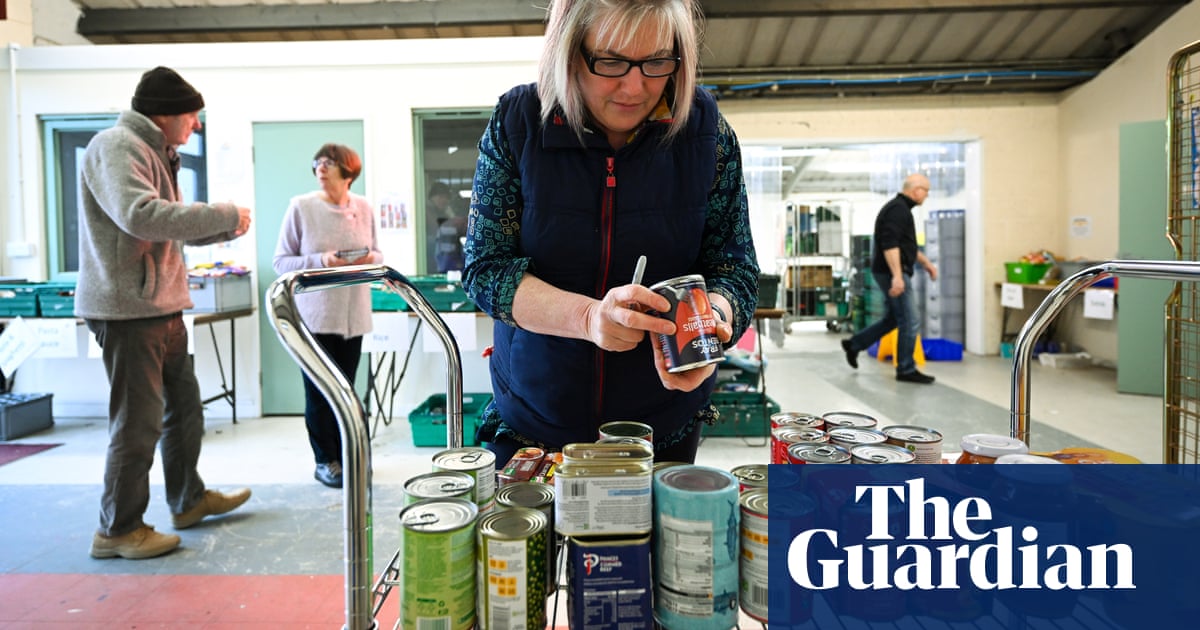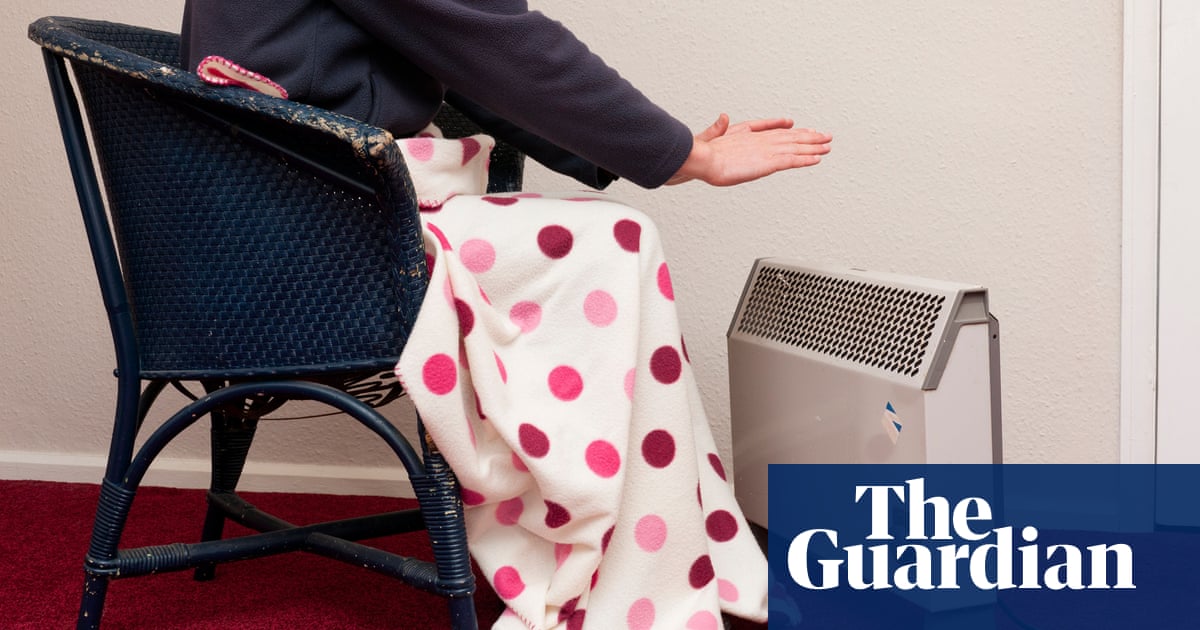
The former prime minister Gordon Brown has demanded fresh government financial support for households struggling to pay energy bills as he warned almost a million more households would be in fuel poverty this winter.
Poor households were being hit by a “double whammy” of energy price increases and benefit cuts, Brown said, and described the recent announcement of a new £500m hardship fund as a cynical ministerial ploy.
Brown, who made the benefit system more generous when he was chancellor of the exchequer between 1997 and 2007, called on his Conservative successor, Rishi Sunak, to abandon this week’s £20 cut to universal credit.
Citing research by two York university academics, Prof Jonathan Bradshaw and Dr Antonia Keung, Brown said hundreds of thousands of families would be unable to pay their energy bills in the coming months, or only be able to do so by going short of food.
The York University research showed there are currently just over 2.5m households in fuel poverty, a situation where more than 10% of net income is spent on energy bills. Based on an estimate of a cumulative 15% increase in gas and electricity bills over the next year, the study said the number of households in fuel poverty would rise to just under 3.5m.
Brown said: “These figures show poor families face the worst winter for decades. Having taken away £6bn and handed back only £500m with the new fund, they are offering to replace the £20-a-week cut with £1.66, knowing that it is wiped out immediately twice over by the fuel bills rise.”
A higher energy bills cap came into force from 1 October, with about 15m households facing a 12% rise in energy bills. Those on standard tariffs, with typical household levels of energy use, could see an increase of £139 – from £1,138 to £1,277 a year while households with larger than average energy use would pay more than £1,277 a year.
The former chancellor said the cut in universal criedt to its pre-pandemic level was “immoral” at a time when families were facing acute cost of living pressures.
“I am surprised to see how bad the figures are. They show how many people are living on the edge. 2021 is the worst time to be poor in Britain. Food prices are rising, fuel prices are rising and benefits are being cut.”












